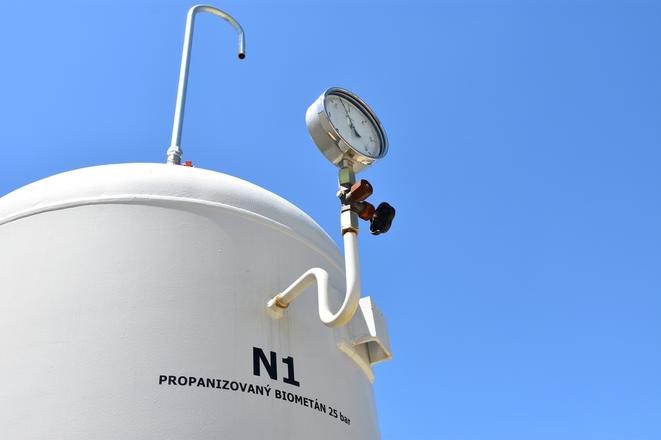Energy companies have been hit with a windfall tax on their profits after the approval of an amendment to the Energy Act.
A 90 per cent levy on excess profits will apply to power plants that use equipment with an installed capacity of over 0.9 MW, as well as energy suppliers. The law applies not only to brown-coal and nuclear power plants, but also to wind and biomass power stations selling the electricity they generate directly on the market.
The change, which is to apply from December this year until December 2024, was backed by 136 of the 137 MPs present in the debating chamber on December 6, in a fast-track legislative procedure which has often been criticised in the past.
The government is to set out legislation determining how much energy firms will pay . The ceiling for market income obtained from the sale of 1 MWh of electricity will range from €50 to €250 depending on the type of source.
The tax is Slovakia's response to an EU directive from the end of September to set a mandatory temporary “solidarity contribution” on the profits of businesses active in the crude petroleum, natural gas, coal, and refinery sectors.
The collected money should be distributed among households and firms to help cope with high energy bills.
Other exemptions
In addition to small power stations up to and including 0.9 MW, pumped hydropower plants and biomethane stations will also be exempted from the tax. Income from redispatching, i.e. one-time or random income that does not result from business decisions of the electricity producer, will also not be subject to the levy.
It will also not apply to income from sales on the regulated electricity market while producers who have a purchase price guaranteed by the state, which is capped, and do not receive anything more than this amount from their buyer, will not be taxed either, the Denník N daily wrote.
The levy is expected to mainly affect Slovenské Elektrárne, the largest producer of electricity in Slovakia. However, the government had previously promised Slovenské Elektrárne it would not impose any new tax on the company if it agreed to more favourable electricity prices for households in the next two years.
The ministry has said that it will honour that agreement from February.
Government will help heating plants
Last week, the coalition government also announced a maximum 15-per cent increase in the price of heat for households compared to last year. The approved changes do not mention this increase, though, and the amendment only says that the government will determine the limit of the price increase in 2023 compared to the current year.
The amendment allows for heat prices for suppliers to be subsidised so that they do not suffer a loss on the difference between the regulated price and the price of heat determined by the government.
This measure should prevent a situation where heating plants would have to disconnect people and companies from heat due if they cannot pay higher bills.
The amended law also gives blocks of flats with their own heating a final opportunity to apply for regulated prices by the end of the year.


 A biomethane station in Jelšava in the Banská Bystrica Region. (source: TASR - Lukáš Mužla)
A biomethane station in Jelšava in the Banská Bystrica Region. (source: TASR - Lukáš Mužla)